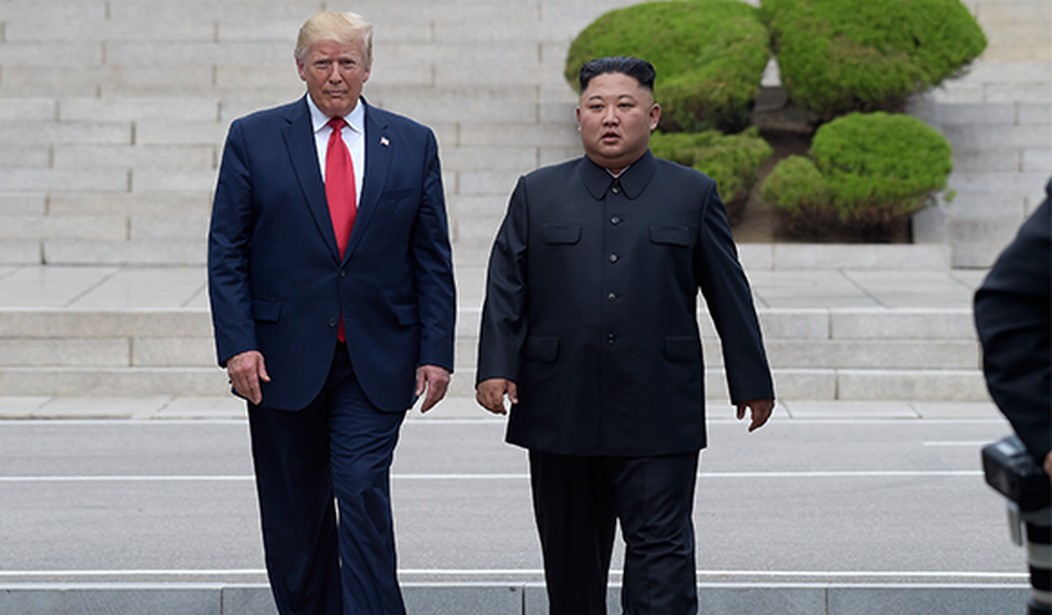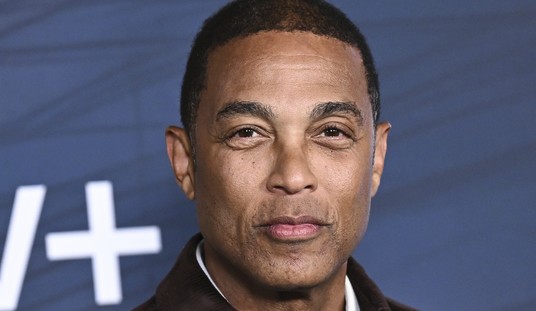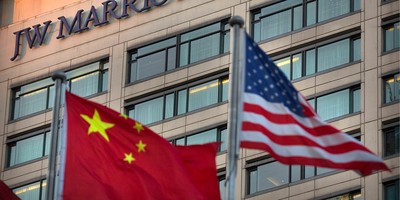North Korea and the United States gave strikingly different interpretations of the collapse of working-level denuclearization talks in Stockholm. Pyongyang characteristically took a maximalist approach, both in its rhetoric and its demands. Having commanded the U.S. to adopt a totally “new method of calculation,” the regime disparaged Washington’s new proposals.
North Korean negotiator Kim Myong-gil declared that denuclearization is possible only after the cessation of all U.S.–South Korean joint military exercises, while North Korean Ambassador to the United Nations Kim Song demanded an end to all sanctions.
The Trump administration provided a more optimistic spin on the meeting, rebuffing North Korea’s assertion that it had not provided a new proposal. The State Department commented that the U.S. “brought creative ideas [and] a number of new initiatives.”
Pyongyang dismissed U.S. eagerness to resume talks quickly, declaring it had “no intention to hold such ‘sickening negotiations’” before the U.S. takes substantial steps to end its “hostile policy.” The diplomatic talks auguring into the ground so dramatically does not bode well for future progress.
Nuclear negotiator Kim cautioned that without significant U.S. policy changes, the bilateral engagement “may immediately come to an end for good.” He ominously warned that the regime was reconsidering its moratorium on nuclear and intercontinental ballistic missile tests. In April, North Korean leader Kim Jong-un declared his patience will only last until the end of the year when the situation becomes “gloomy and very dangerous.”
Recommended
Some dismiss North Korea’s acerbic comments as diplomatic maneuvering and indeed, the regime often engages in brinksmanship to wrest additional concessions from opponents. But underlying the tactical maneuvering are enduring North Korean strategic objectives to maintain its nuclear arsenal.
President Trump declared that “the best thing that’s happened to this country” during his administration was his “very good relationship with Kim Jong-un.” But this relationship has not produced any progress on denuclearization. The two sides have yet to even agree on definitions of “denuclearization” or the “Korean Peninsula.” North Korea continues to expand and refine its nuclear and missile arsenal.
Some argue, incorrectly, that there has been no cost to President Trump’s approach. However, that neglects the large U.S. sanctions relief, cancellation of numerous military exercises, and embrace of a purveyor of crimes against humanity, which undercut all components of the maximum pressure policy.
The U.S. also accepted 21 North Korean violations of U.N. resolutions this year without any response or repercussions to the regime. President Trump has now adopted a weaker version of the Obama administration’s strategic patience policy and timid incrementalism of sanctions enforcement.
Despite the setback in the February 2019 Hanoi summit, Kim Jong-un may feel he has the upper hand in negotiations. Pyongyang publicly referenced the 2020 presidential election and may hold threats of resuming nuclear and ICBM tests as a Damocles sword over President Trump’s head to induce additional concessions.
The regime may perceive the dismissal of National Security Advisor John Bolton as portending a softening of U.S. policy. Bolton’s departure removed the biggest constraint to an incomplete deal that prematurely reduces pressure prior to real denuclearization.
Though there is little reason for optimism, the U.S. should continue diplomatic attempts to reduce the North Korean nuclear threat. But the Trump administration should not become overeager to accept a weak, flawed agreement.
Instead it should insist on a detailed, comprehensive road map to North Korea abandoning its nuclear and missile production capabilities and existing arsenals. The accord should include a robust verification protocol including data declarations of North Korea’s nuclear and missile programs.
The U.S. should reciprocate North Korea’s end-of-year deadline with one of its own. Washington should announce it will resume canceled military exercises with South Korea and no longer pull its punches on enforcing U.S. laws if Pyongyang continues to drag its feet on complying with U.N. denuclearization requirements. America’s self-imposed concessions did not lead to diplomatic progress nor reduce the North Korean military threat.
North Korea is likely to remain a threat that requires a bipartisan policy of deterrence, containment, and compellence. The best policy for the U.S. is a comprehensive strategy of diplomacy, upholding U.N. resolutions and U.S. laws, and deterrence until the nuclear, missile, and conventional force threat is reduced.
Bruce Klingner is Senior Research Fellow for Northeast Asia at the Heritage Foundation. He previously served 20 years with the CIA and Defense Intelligence Agency, including as CIA’s Deputy Division Chief for Korea.

























Join the conversation as a VIP Member